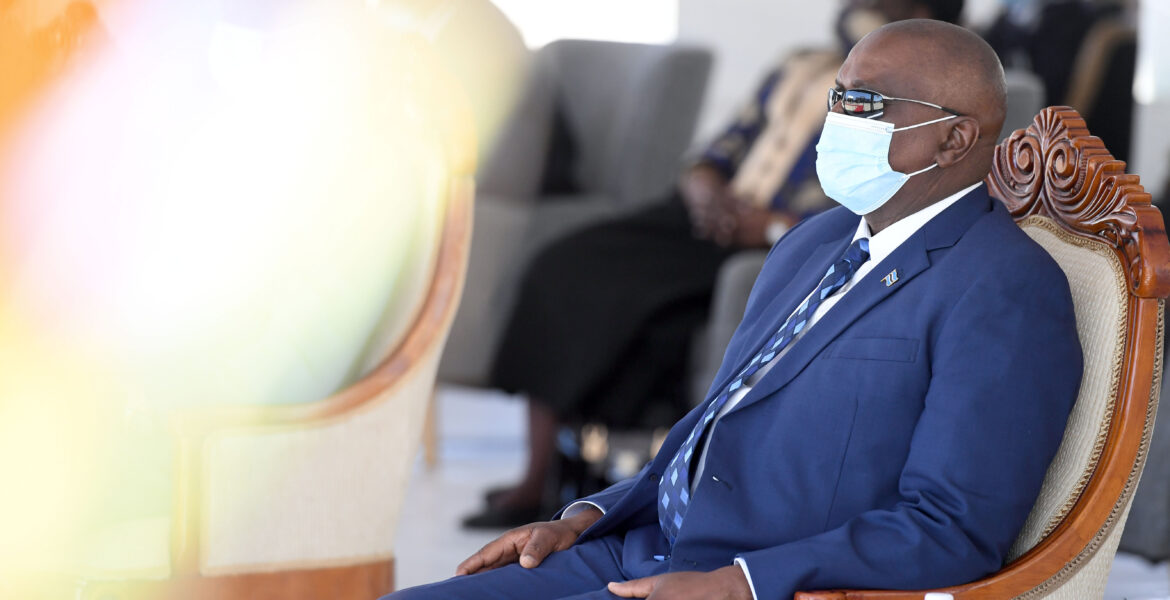- Wants to eradicate the “inferiority complex” of Batswana
- Says change of mindset is essential
GAZETTE REPORTER
President Mokgweetsi Masisi has recommitted the ruling Botswana Democratic Party to implementation of its promises made prior to the 2019 general elections.
Masisi revealed this over the weekend at a BDP retreat for ministers and other leaders of the party.
Held under the theme “Reset: Reclaiming the Government and Implementing our Change Mandate,” pinned focus on priority issues need to be attended to.
Masisi said resetting priorities in light of new and unexpected challenges must be immediate and will therefore be designed to break barriers, remove hurdles and build a momentum that will carry Botswana “through the difficult times towards our destined goal of becoming a high income country”.
“To reset is to set new priorities, to adopt new approaches, and to put in place new implementation resources immediately – with the change in results to be clear and evident to you,” he said.
“This is not a turnaround that will take years; it is immediate. Furthermore, there is a significant distinction in our post-reflection mode to reset ourselves as a country, and as a people.”
He emphasised that the BDP-led government will focus on saving Batswana from COVID-19 through life-saving programmes that include successful and timely vaccination. “We know that we cannot improve livelihoods without first saving lives,” the President noted.
The reset will be pursued by aligning government machinery to the Presidential Agenda. he asserted. “My road map, including the transformational agenda, should be embodied in the implementation machinery of the government of the day,” he said. “This will come with significant government reforms in the public service”
To that end, the BDP-led government will focus on digitization because “it has the immense potential to unlock and enable high productivity among our people”.
“Value chain development: This will unlock opportunities for new, high-growth companies in the private sector and youth employment, among other citizen empowerment attributes.
“The initial sectors of focus will be minerals, tourism, food, and education. We also intend to identify new sectors in the global export product space that we can successfully grow in Botswana, resulting in significant job creation for our youth while also driving much-needed export diversification,” Masisi said.
He noted the importance of changing mindsets if Botswana should attain high income country status. “We cannot remain locked in the thinking of the unproductive eras and expect to escape the middle income trap,” he said. “This comes with developing capacity for entrepreneurship, eliminating our inferiority complex, and implementing government and strategic reforms that put citizen economic inclusion at the centre of our economic development initiatives.”




